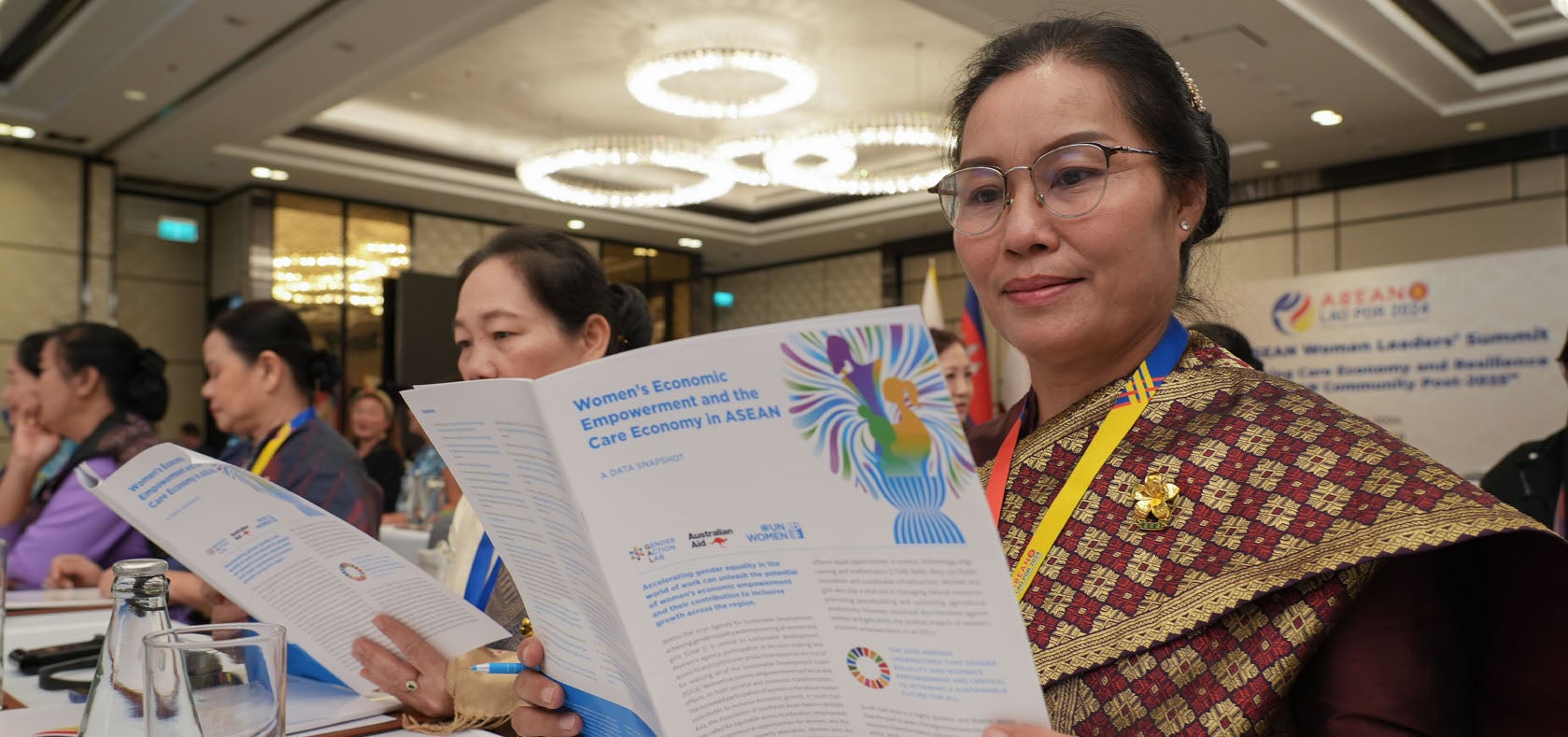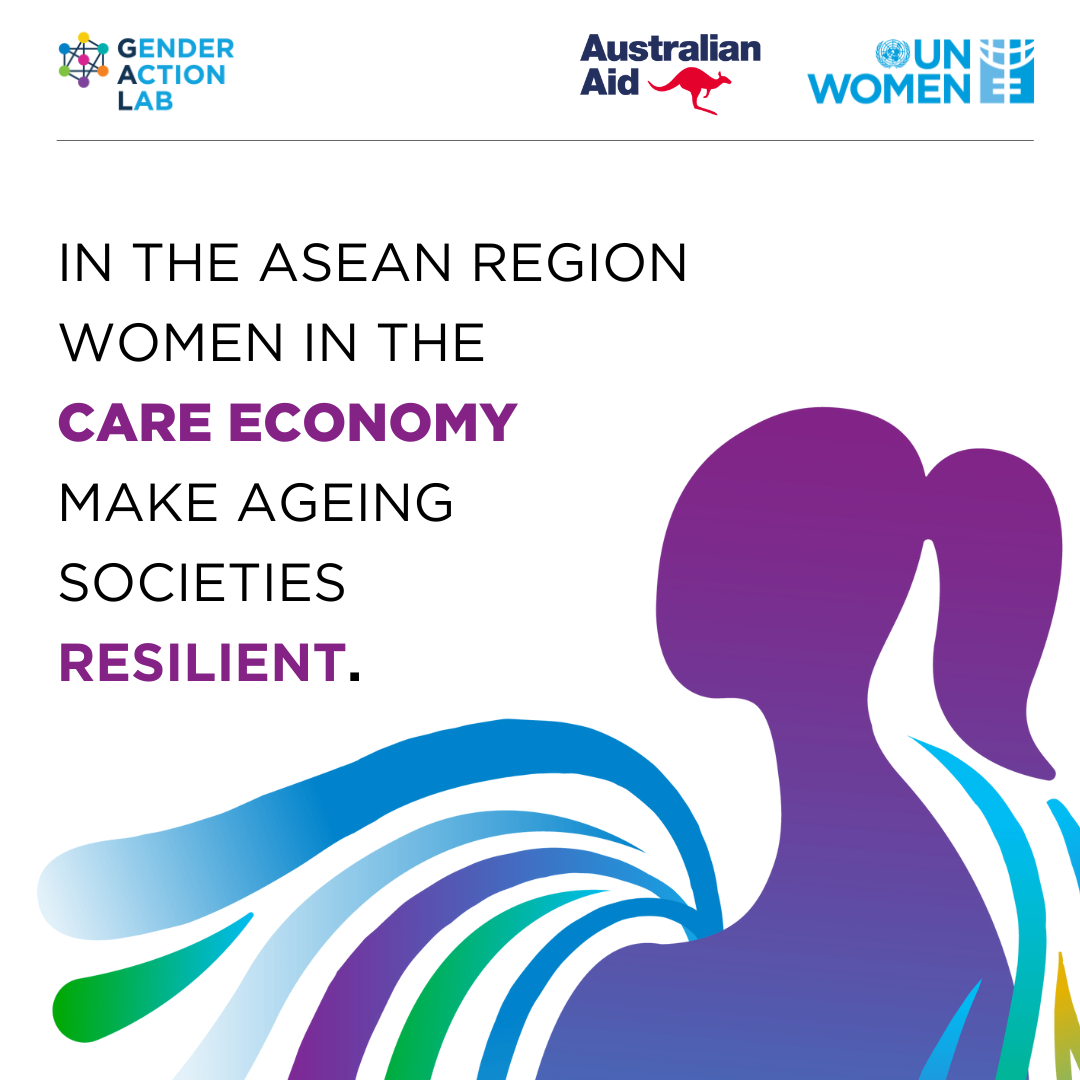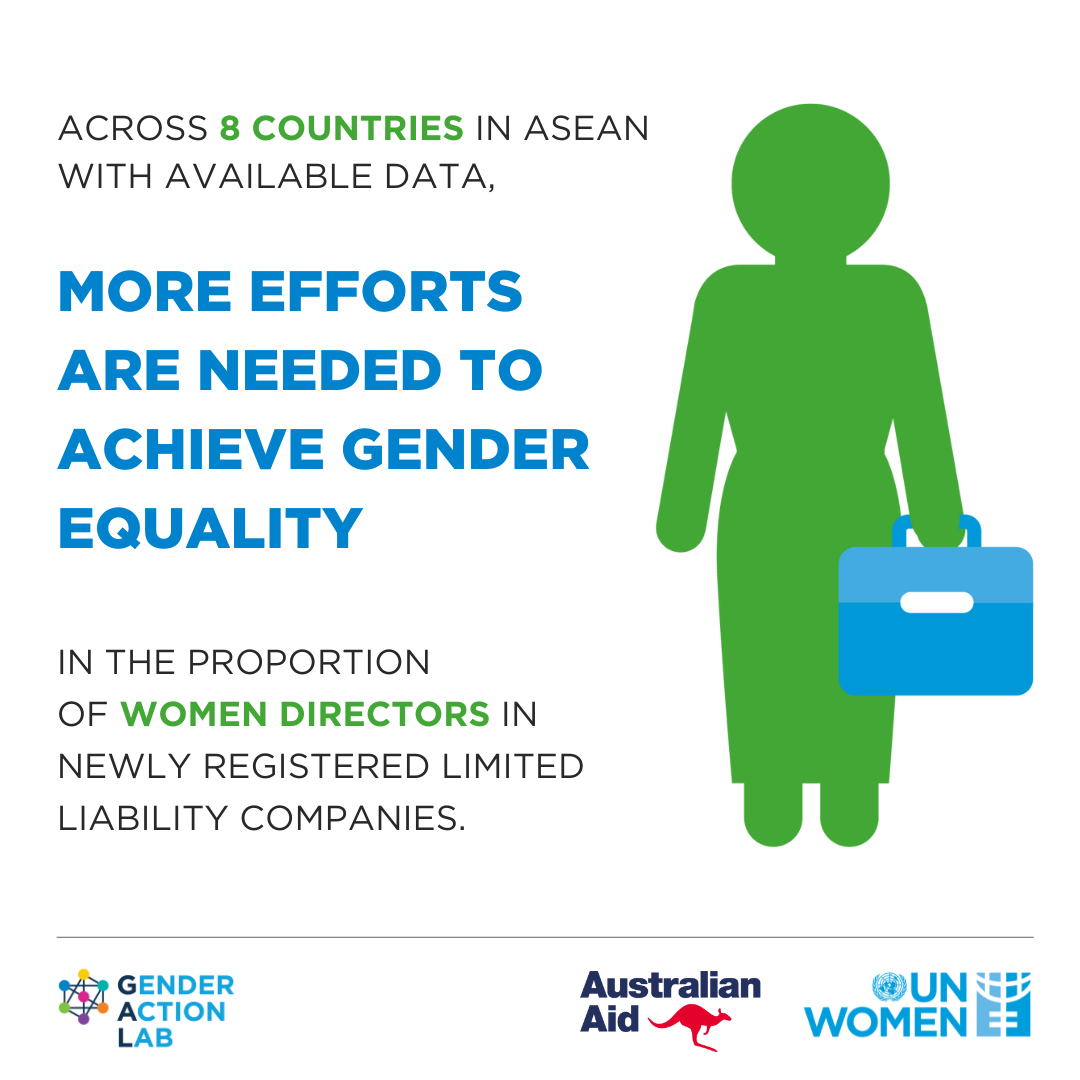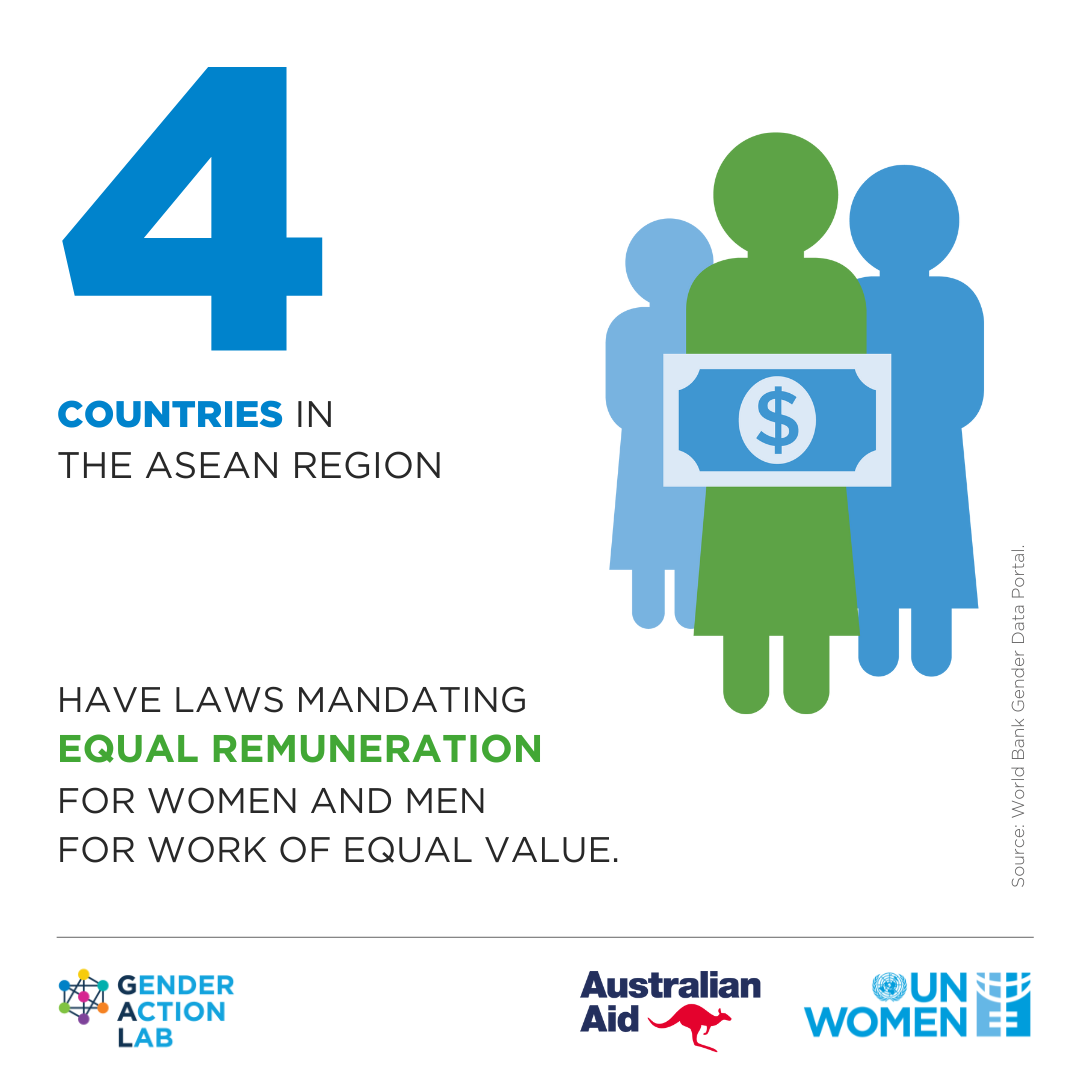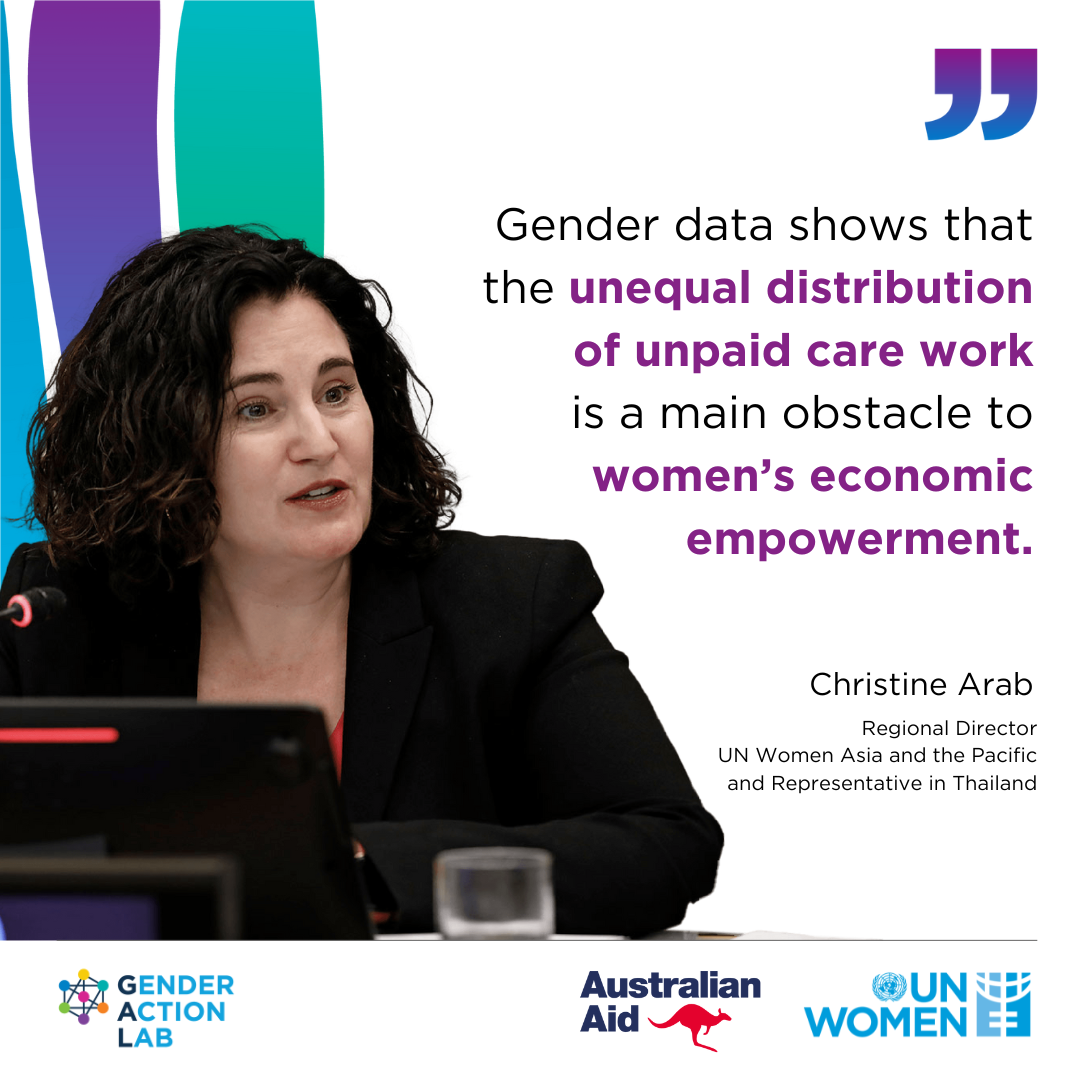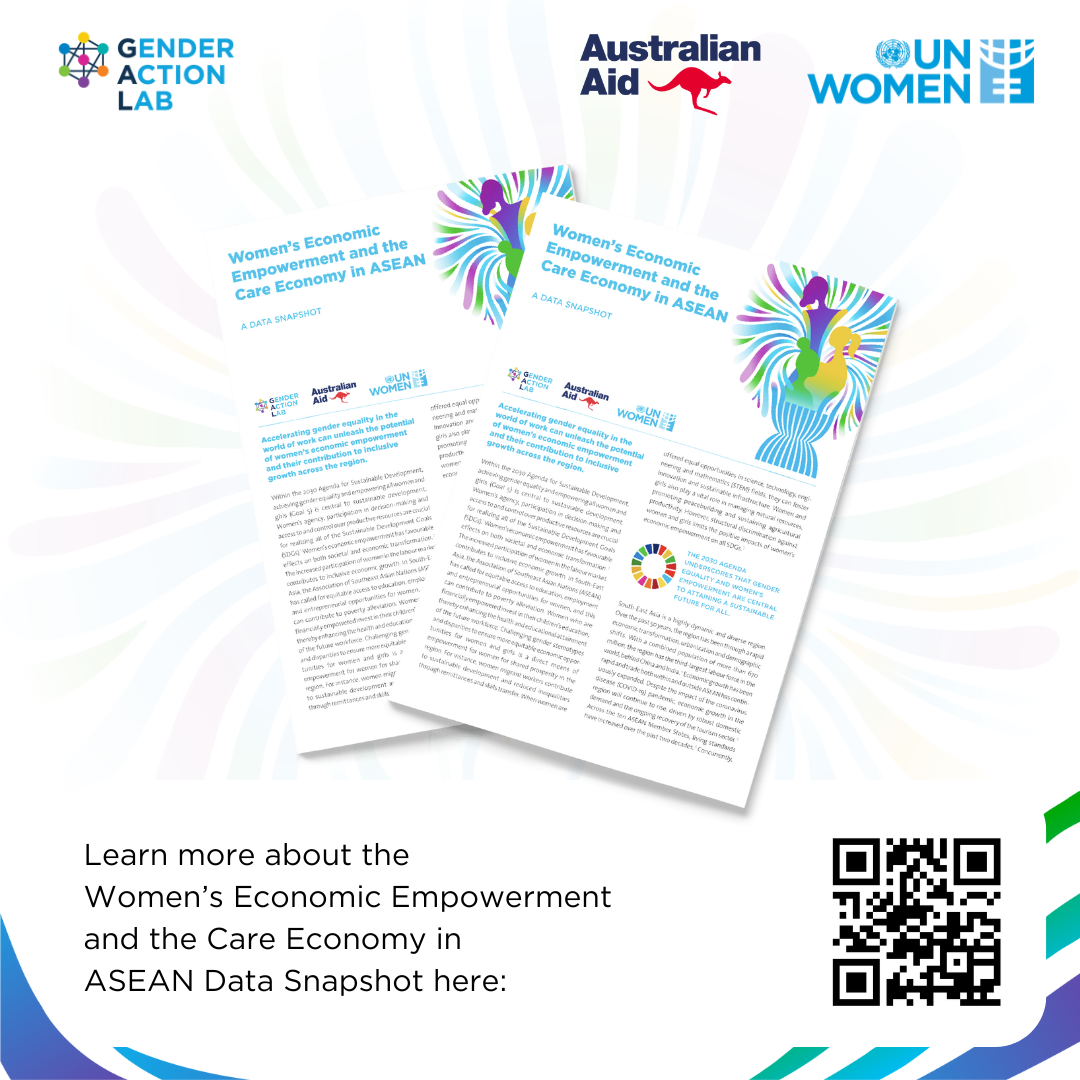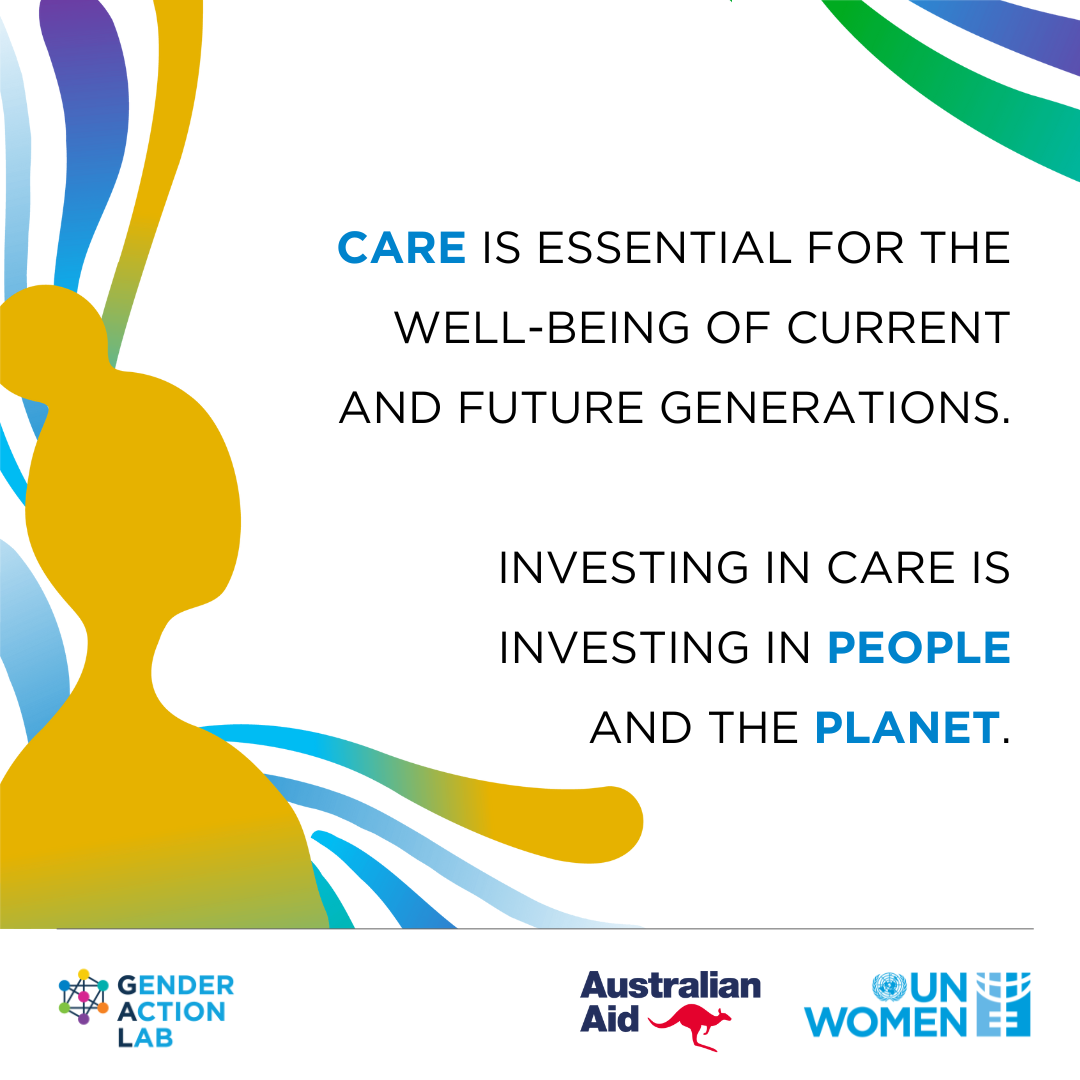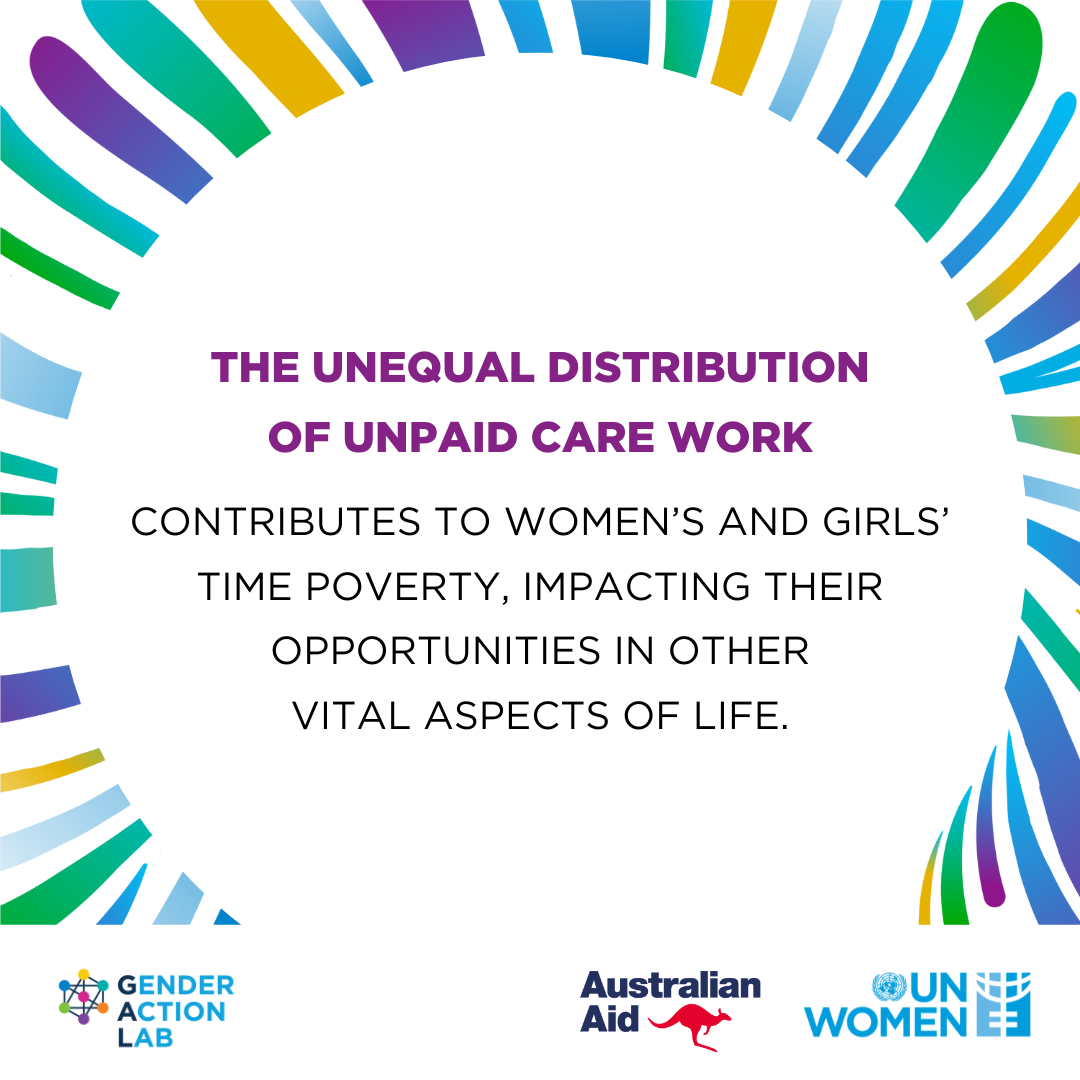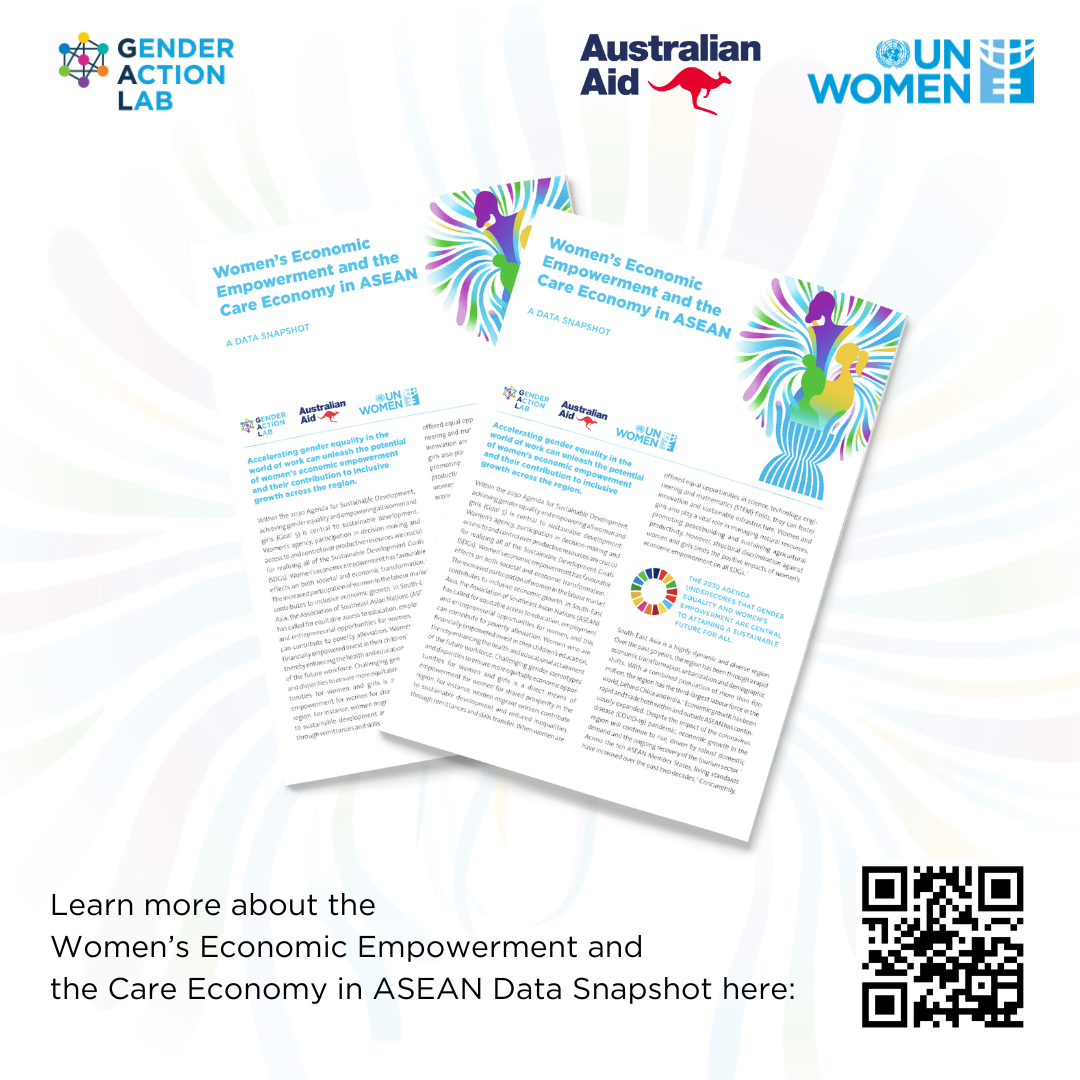ASEAN Leaders Call for Increased Investment in Care Economy to Empower Women and Boost Inclusive Growth and Development
Date:
[Press release]
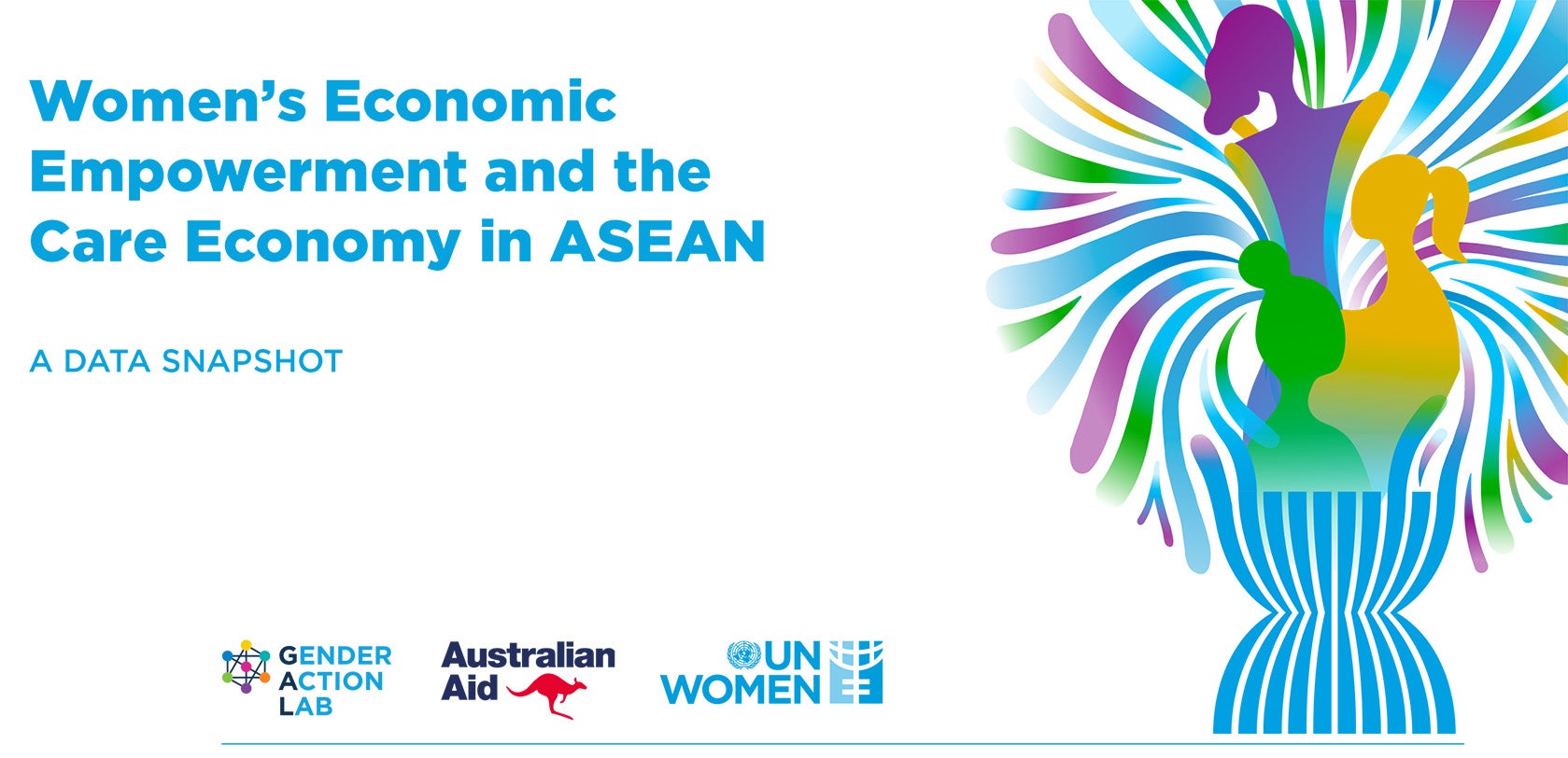
Vientiane, Lao People’s Democratic Republic — By investing in the care economy, South-east Asian nations can expand women’s economic participation and thus spur more equitable growth and development. A new UN Women data snapshot titled Women’s Economic Empowerment and the Care Economy in ASEAN, released before the Association of Southeast Asian Nations Women Leaders’ Summit in Vientiane on 23 August, supports the adoption of the new ASEAN Declaration on Strengthening the Care Economy and Resilience Towards ASEAN Community Post-2025.
The data snapshot shows that women’s participation in the region’s labour force is systematically lower than men’s partly due to women’s unequal share of care responsibilities in households. In addition, many of the paid caregiving jobs held by women are in the informal economy in which workers are especially vulnerable.
The data snapshot points to the structural barriers to gender equality in the world of work and calls for transforming care systems to increase opportunities for women and girls to fully participate in economies and societies.
The data snapshot says that expanding care services, such as kindergartens, and enhancing care-supporting workplaces through parental leave can ease the time constraints on women and girls with care responsibilities. Improving the status of women workers in the care economy requires expanding social protections and improving labour conditions, including wages, equal opportunities, and freedom from discrimination, harassment and violence.
The snapshot says that to uphold the promise to leave no one behind, efforts to transform care systems need to include vulnerable groups such as girls, single women with children, and women in old age.
“Gender data shows that one of the biggest obstacles to women’s economic empowerment is the unequal burden of unpaid care and domestic work on women,” said Christine Arab, Regional Director of UN Women Asia and the Pacific. “By addressing structural barriers and improving working conditions and compensation through gender-transformative policies and programmes, we can create an environment that offers equal opportunities, empowers women, and promotes economic rights for everyone in ASEAN.”
For more information
Montira Narkvichien
Regional Communications Specialist
UN Women Regional Office for Asia and the Pacific
e: [ Click to reveal ]
